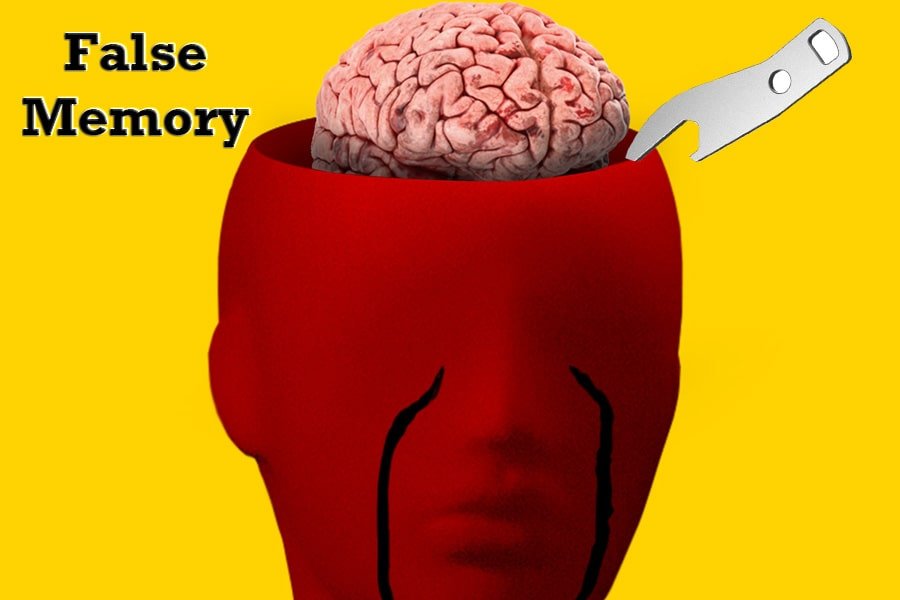What are False Memories

The lines between reality and illusion blur as the mind plays tricks.
Have you ever been absolutely certain about a memory, only to find out later that it never actually happened? Or maybe you vividly recall an event from your childhood, but when you ask your parents about it, they have no idea what you’re talking about. If so, you’re not alone. False memories are surprisingly common and can feel just as real as those we know to be true.
In this post, we will discuss about the interesting realm of false memories. We’ll explore how and why they form, the surprising ways they can impact our lives, and some mind-bending examples that will make you question your own recollections. Whether you’re a psychology buff or simply curious about the workings of your mind, you won’t want to miss this eye-opening look at the fallibility of human memory.
Causes of False Memories
Associating Things Incorrectly
Existing schemas can lead to memory confusion. You might recall something differently if it doesn’t fit your current schema. For instance, in a 1947 study, white men with razors were photographed next to an African-American man on a train. When participants were later asked to recall the event, many white people remembered the African-American man having the razor. This happened because their schemas didn’t include white people carrying knives, even though this belief was incorrect.
Inaccurate Perception
Human perception isn’t always accurate. Sometimes, we notice things that aren’t there while ignoring obvious details right in front of us. Many false memories arise from information that wasn’t properly encoded initially. For example, someone might witness an accident but fail to have a clear picture of what happened, leading to a distorted memory.
Inference
Inference is a powerful tool that can create false memories. Someone else’s prompting or questions might cause you to form new, incorrect memories. For instance, if someone asks whether the bank robber wore a red mask, you might initially agree and then quickly correct yourself to say black. In reality, the thief wasn’t wearing a mask at all, but the suggestion planted a false memory.
Distorting Memory
Adding details to people’s memories can change their perceptions of events. Israeli neuroscientist Micah Edelson and his team demonstrated this. Participants watched a video and were then asked to recall it. When told that others remembered the film differently, participants altered their recollections in a second memory test. The new information was mixed with their original memory, making them believe the added details were part of their own memory.
Emotions
Emotions at the moment can significantly impact how memories are preserved. Research shows that negative emotions are more likely to create false memories than neutral or positive emotions. People tend to remember events associated with strong emotions, although the contents of these memories are often unclear.
Conclusion
False memories are a fascinating and complex aspect of human cognition. They demonstrate the malleability of our memories and the various factors that can distort our recollections. From inaccurate perceptions to emotional influences, the formation of false memories reveals the intricate and sometimes unreliable nature of our minds. By understanding the causes and mechanisms behind false memories, we gain insight into the fallibility of human memory and the importance of critical thinking and verification in recalling past events.